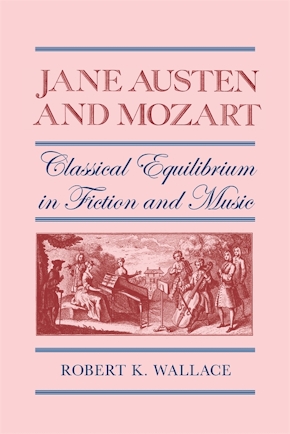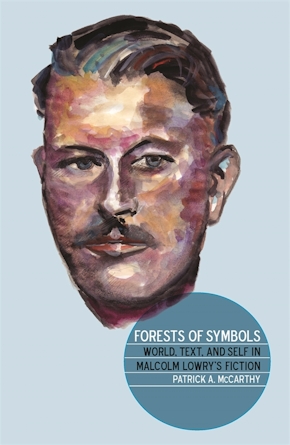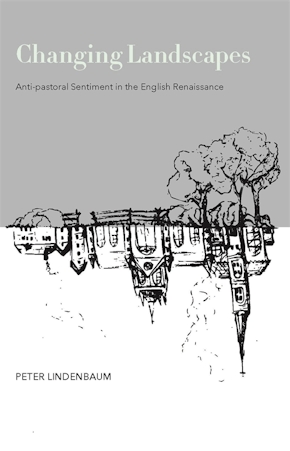Emily Bronte and Beethoven
Romantic Equilibrium in Fiction and Music
Title Details
Pages: 248
Trim size: 6.000in x 9.000in
Formats
Paperback
Pub Date: 08/01/2008
ISBN: 9-780-8203-3295-6
List Price: $34.95
Related Subjects
LITERARY CRITICISM / European / English, Irish, Scottish, Welsh
Emily Bronte and Beethoven
Romantic Equilibrium in Fiction and Music
Skip to
- Description
- Reviews
When Emily Brontë was studying music in Brussels in 1842, she was drawn into the city's appreciation of Beethoven. After her exposure to the works of the great composer, Brontë's creativity flourished and she went on to compose what was to be her only novel—Wuthering Heights.
In Emily Brontë and Beethoven, Robert K. Wallace continues to work from the perspective he developed in his Jane Austen and Mozart—integrating two fields that have traditionally been kept apart. Wallace compares Brontë and Beethoven through a close examination of the Romantic traits that their works share. Innovative and stimulating, Wallace's study extends literary criticism into a new context where equilibrium, balance, proportion and symmetry serve as a fulcrum to launch the reader into a new understanding of the formal parallels, the moods and emotions that connect music and literature.
[Wallace] has carried off a difficult and complex subject with grace and assurance. . . . In bringing Bronte and Beethoven together, moreover, Wallace has created a book that reaches beyond the two individuals he has so effectively compared to touch as well on questions of aesthetics and creativity themselves.
—Victorian Studies
This challenging integrative study offers some clever analytical insights. It includes thorough notes and a useful index.
—Choice
Wallace's eye-opening (and ear-dilating) accomplishment . . . has left us much to contemplate-indeed, he has made a major contribution to the study of literature and music, to our knowledge of Romanticism and European culture in the early nineteenth century, and to the refinement and coherence of our perception of masterworks of Beethoven and Emily Bronte.
—National Review



